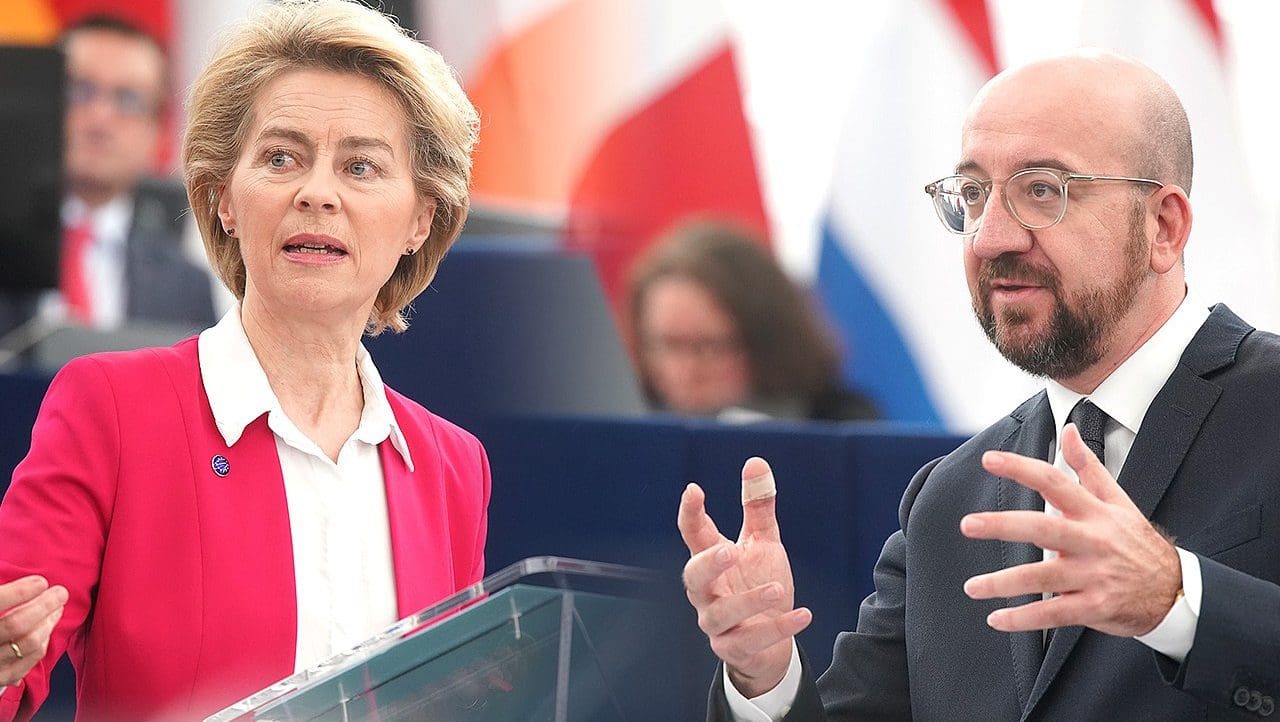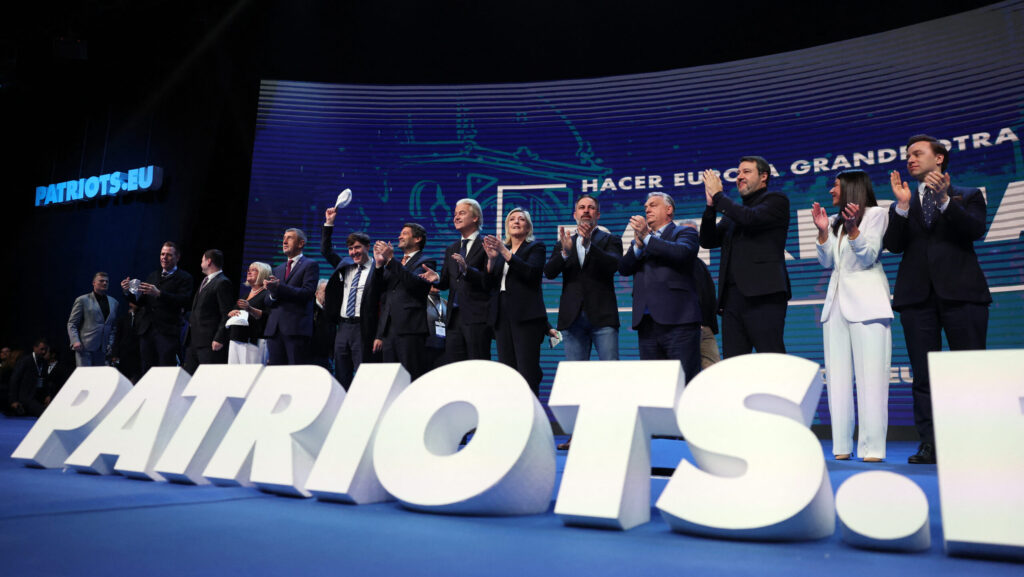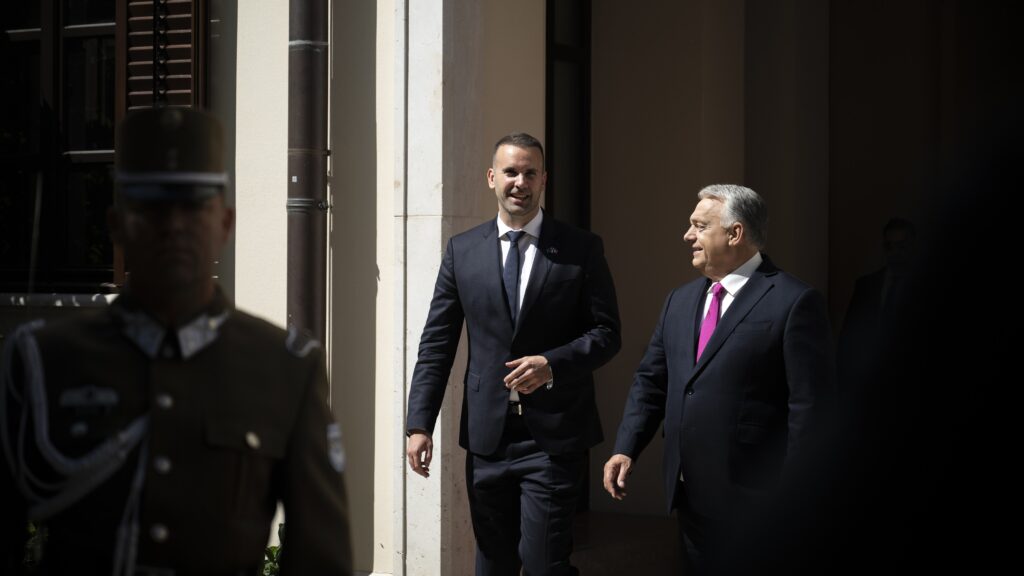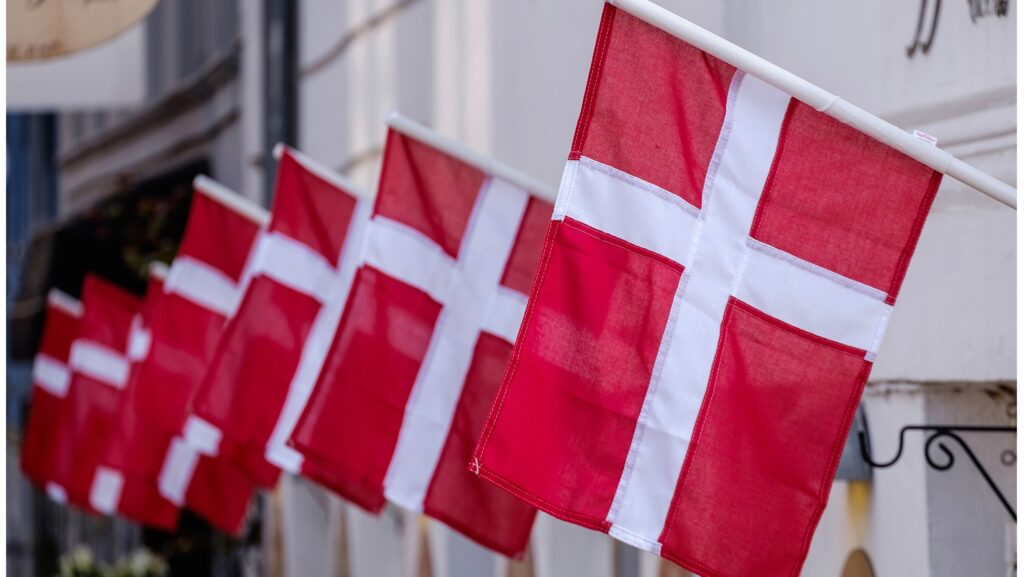The following is a translation of an opinion piece by Tibor Navracsics, senior research fellow at the Europe Strategy Research Institute of the University of Public Service, originally published on Ludovika.hu. Mr Navracsics currently serves as Minister for Regional Development.
One of the most significant changes among the institutional reforms was the establishment of the permanent position of President of the European Council. The previous, largely honorary, office, which was awarded based on a rotation system, was replaced by politicians elected by the member states for two-and-a-half-year terms in theory. In practice, they are likely two serve five full years. Although its purview will remain largely unchanged after the reforms are implemented, the five-year mandate and its subsequent permanence did give the position more political weight.
The rearrangement has evidently threatened the European Commission President’s power, well-established for decades. Since the Treaty of Rome, the EC President had been the obvious and easily identifiable leader of the EU institutions. Its position as the sole highest authority also gave it unquestionable influence. In comparison, the frequently—on average, every two and a half years—changing Presidents of the European Parliament were no more than short episodes in the domestic politics of Europe. Not to mention the Presidents of the Council of Europe and the European Council’s six-month mandates served by member state politicians, whose times in office usually, by and large, were only enough to get acquainted with each other.
The Treaty of Lisbon put an end to this state of affairs, certainly ideal for the European Commission President, with the establishment of the permanent office of the European Council President.
Its duties themselves did not change much: they had to coordinate the regular consultation of the leaders of the member states, and, as part of the preparation, also had to serve as a mediator. Consequently, and perhaps not coincidentally, two of the three people who have been European Council Presidents are also former Prime Ministers of Belgium (Herman van Rompuy and incumbent Charles Michel). It seems the multi-layered, highly segmented Belgian political system has proven to be a great training ground for obtaining the skills necessary to lead the European Council.
When comparing the scopes of the two positions, the European Commission President undeniably has a much greater influence on the shaping of European domestic politics. However, in reality, it was only a matter of time before the institutional tension built into the Treaty of Lisbon led to an actual conflict between the two key leaders of EU bodies. The relationship between Van Rompuy and José Manuel Barroso, as well as Donald Tusk and Jean-Claude Juncker, although was not devoid of the occasional flashiness, overall fit the criteria of loyalty and cooperation between EU institutions.
However, we did not have to wait long for the first public dispute between the two EU leaders in this term. The scandal broke during Ursula von der Leyen and Charles Michel’s joint visit to Turkey in April 2021. While meeting with Turkish President Recep Erdoğan, the European Commission President had to be contented with a place on a nearby couch, as opposed to the European Council President, who got to take a seat at the negotiating table, next to Erdoğan. Michel had been deflecting the blame for the diplomatic mishap from the start. Meanwhile, der Leyen saw it as a salient example of sexism.
What was a personal slight at the time has now grown into political disagreement, partly due to the cease of direct communication between the parties.
The lack of pre-planned, at other times regularly held, one-on-one meetings has made the differences between the two leaders more and more visible. Von der Leyen has become one of the closest allies of the United States, both when it comes to making an official stance regarding China, or when it comes to passing judgements in the ongoing Russo-Ukrainian conflict. Charles Michel, on the other hand, finds it necessary to create a uniquely European way of thinking, slightly distinct from that of the United States.
Most likely, the troublesome personal relationship between the two EU leaders will only be done away with after the European Parliamentary elections and the subsequent change of power at other EU institutions. However, the institutional tension created by the Lisbon Treaty will linger in the next term as well. It will continue to depend on the personal qualities and cooperation skills of the next leaders whether the two most powerful EU institutions will choose the treaty-mandated loyalty and collaboration or open confrontation in the future. The latter option could paralyse the entire Union at a critical time.
Click here to read the original article








